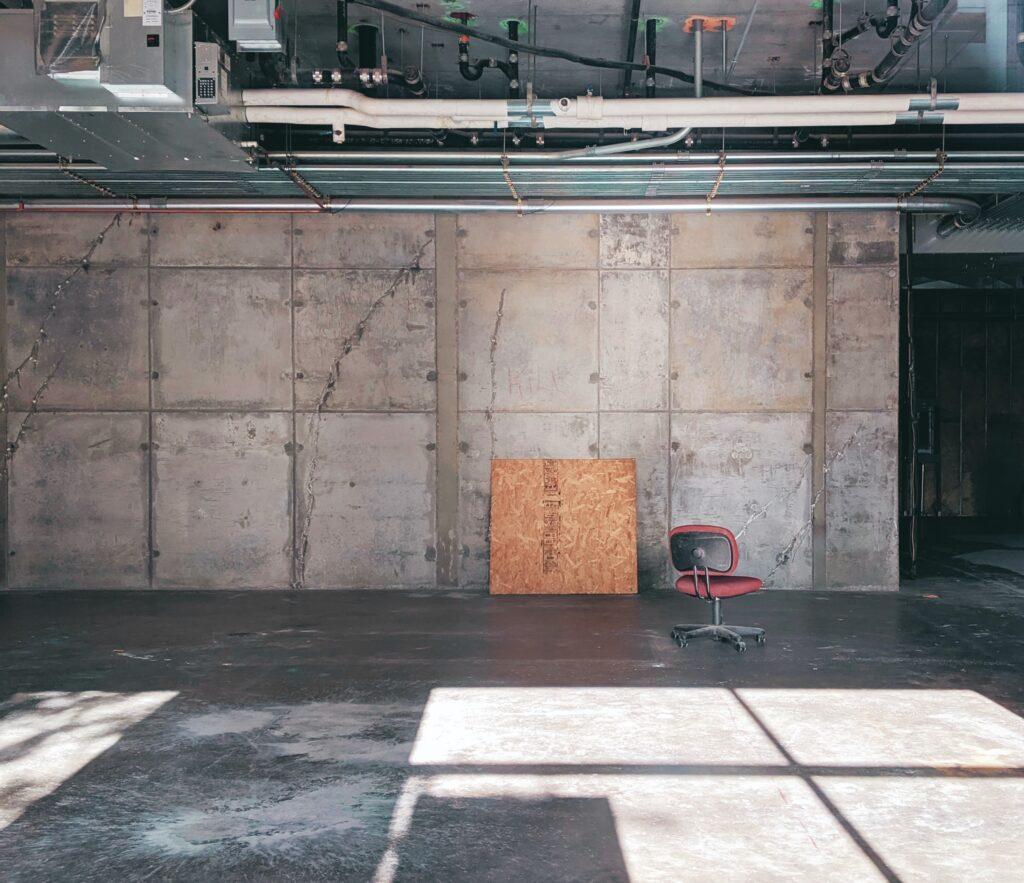
Photo by Avi Waxman on Unsplash
Last night (rather late because of timezone differences!), I listened to a talk by John Patrick Morgan, a practical philosopher who is highly regarded in the coaching space.
The talk yesterday was around the concepts of living like you have nothing to lose, and the idea of not *having* to do anything. I really enjoy these talks because of how eloquent JP sets out his views, and there’s something I really identify with in the manner in which he speaks. Considering how many people he gets on these calls, I know I’m not the only one!
JP was very open in talking about how life can put the principles that occurred to him to the test in a very practical way. JP lives in Hawaii, and whilst talking about not having anything to lose suddenly found himself with the very real threat of the Maui wildfires appearing on his doorstep.
Yet this experience serves to prove the theory, rather than discount it. Whilst at the time it is important to allow ourselves to feel the emotions, it’s also a way to see that we do not have to be governed by the idea of loss (if that is what indeed comes to pass).
I had an experience of potential loss yesterday (albeit at a much smaller level). When heading home from the office yesterday, I realised that my laptop was not in my bag. I suddenly panicked as to whether I might have dropped it somewhere.
With a slightly more calm head, I realised I had probably just autopiloted when leaving for the day and left it in the drawer without thinking about it. Yet even with this thought, I had the creeping discomfort of wondering whether I had somehow lost it somewhere.
JP made a lovely distinction that I hadn’t heard before – real problems lead to real action, but fake problems lead to fake action.
As I was walking into the office this morning to see if I had indeed somehow lost my laptop, my mind wondered about what I would have to do if I had lost it. Considering it’s a work laptop, I imagine I would have to tell my boss and IT team, as well as explain why I wasn’t logged in today. I teleported to a world of embarrassment and uncertainty of what I’m meant to do.
Fortunately, I snapped out of it. If (and only if) I had indeed lost my laptop – which was incredibly unlikely – then I would figure out what to do. I’m not the first person to lose a work laptop, nor will I be the last. Right now this was a fake problem being created in our head, rather than a real one.
Lo and behold, when I did come into the office this morning, I found my laptop sitting there in the drawer. It was exactly where I had put it many other times. All the fake actions I came up with dissipated. I can write that off as wasted mental energy.
The idea of having nothing to lose is not meant in a maverick, Machiavellian sense. This is not about going rambo style out into the world because our deaths are meaningless. Instead, this is about shifting our view to understand that our attachment to possessions (whether ‘real’ like a laptop or intangible like my status) is not actually one we possess in the first place. JP talked about how this links to the Buddhist idea of impermanence – we do not truly ‘own’ anything. So if we don’t own it, there’s nothing to lose.
Another way to phrase it is that we have nothing to lose because we are going to lose it anyway. Our houses, phone, cars will be lost by us at some point – maybe because we sell them but also maybe because we are the ones leave this world behind. The same goes for the intangible things we have – job titles, reputation and status. They only are with us until they aren’t.
The idea we have nothing can be extremely liberating because it means that we do not have to come from a protective mindset. Rather than fearing loss, we can see life as a playground to do different things or ‘borrow’ new items if we want to.
The talk made me realise how much I had been holding onto the idea of what things like my house, clothes and job mean about me. There’s nothing wrong with having these things, but they are also not me. At best, these are things I borrow. The more I make these things define me, the more I cling onto them, even when it’s time to let them go.
Living life like we have nothing to lose is about embracing its freedom. It is about accepting the transient nature of our existence, which allows us to bring our playful nature to the surface.
Ironically, coming from this playful space will make us far more effective in receiving the new things we want.